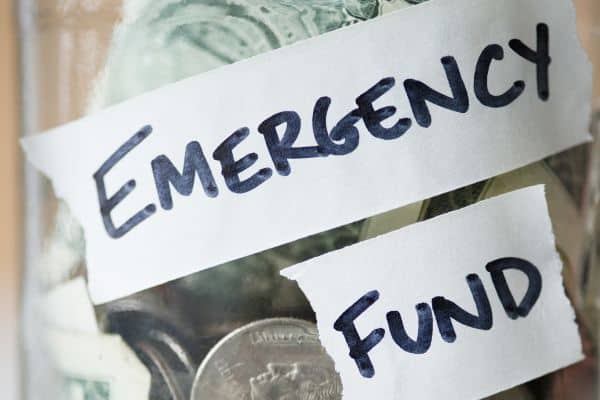
A single unplanned expense could send millions of Americans into a financial tailspin.
Across nearly all ages and generations, from millennials to baby boomers, one-quarter of Americans, or roughly 55 million people, said they had nothing saved in an emergency fund, according to a Bankrate.com survey of 1,000 adults conducted last month. (The Silent Generation — over age 73 — were much more likely to have something set aside.)
Overall, however, Americans are doing a better job at saving.
Americans with enough savings to cover three to five months of expenses edged higher to 18 percent, from 17 percent last year. Those with some savings, but not enough to cover three months’ expenses, rose to 22 percent from 20 percent — which is an improvement but still not great.
“Many Americans are kidding themselves if they have less than three months’ worth of expenses in emergency savings and claim to have any level of comfort with that,” Bankrate’s Greg McBride said in a statement.
McBride recommends stashing at least a six-month cushion to cover anything from a dental bill to a car repair — but more if you are the sole breadwinner in your family or in business for yourself.
Generally, the likelihood of having saved at least six months of expenses increases steadily with age, Bankrate said. More than a third, or 36 percent, of boomers and 42 percent of those in the silent generation had achieved that saving milestone.
To get there, McBride suggests paying yourself first.
“Set up a direct deposit from your paycheck into a dedicated savings account. If you wait until the end of the month, nothing will be left over,” he said.
If there is, in fact, a surplus once all expenses have been paid out, “that gives you a second bite.”